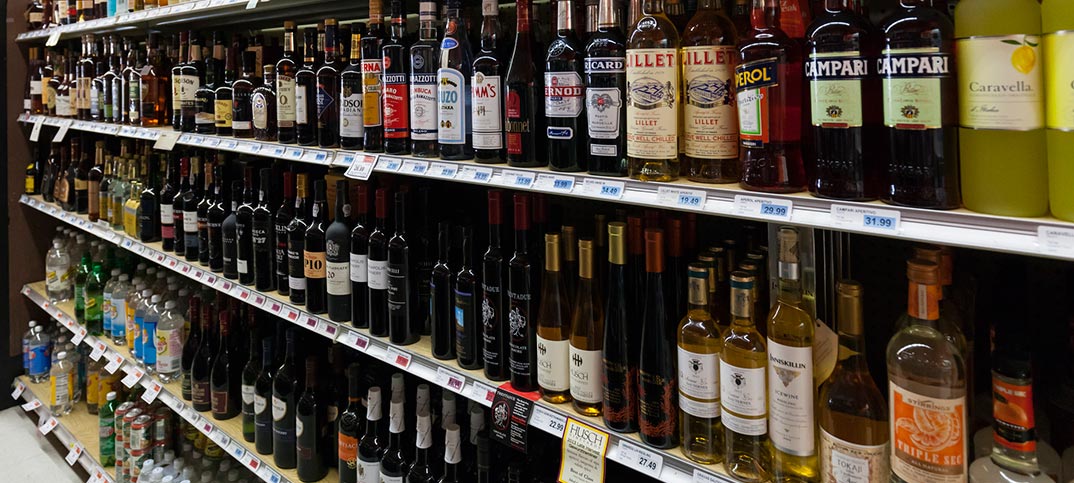I love the fuss around the launch of manifestos in General Election campaigns.
It’s a rare member of the public indeed that ever reads a whole manifesto, so you’re reliant solely on the press to tell you what our major political parties are focusing on.
It’s easy to be cynical about promises made by political parties. But I believe that’s the wrong attitude to have. We, as a nation, have to be stronger at holding politicians to account. And we, as a business community, have to do the same.
With that in mind, I looked through the manifestos of the leading political parties. Retail Express has covered key challenges like business rates and wage pledges, but what, I asked myself, were their plans for alcohol? Were any of them strident in the changes they might make, the legislation they might introduce?
The word alcohol is mentioned three times in the Conservative manifesto. The party pledges to focus on tackling crime prevention by working with alcohol abuse services, as well as introducing curfews that tackle alcohol abuse.
Retail Express has covered key challenges like business rates and wage pledges, but what, I asked myself, were their plans for alcohol?
Labour talks only of working on a strategy to help the children of alcoholics, however, it does also talk about community power and re-establishing the high street. It also proposes a national review of pubs, which I’m happy to offer my services toward if anyone from the party is reading.
The Lib Dems are the only one of the three main national parties to solidly put their support behind a business-facing strategy, pledging to introduce minimum pricing. Their manifesto is the only one that also talks about a sugar tax, and a levy on tobacco producers.
The pledges from Labour and the Tories to tackle the problems that alcohol causes in our society are welcome, as are the broad mentions of small business support.
But I’d like to see all parties taking the big issues in our industry more seriously. Supporting small businesses doesn’t have to mean penalising them by pricing them out of the market.
We will continue to pressure whoever ends up in power to put the important topics on the agenda. And to make sure that, like minimum pricing, they understand how these big topics could affect the viability of the 36,000 independent convenience stores that are a lifeline for many.





Comments
This article doesn't have any comments yet, be the first!